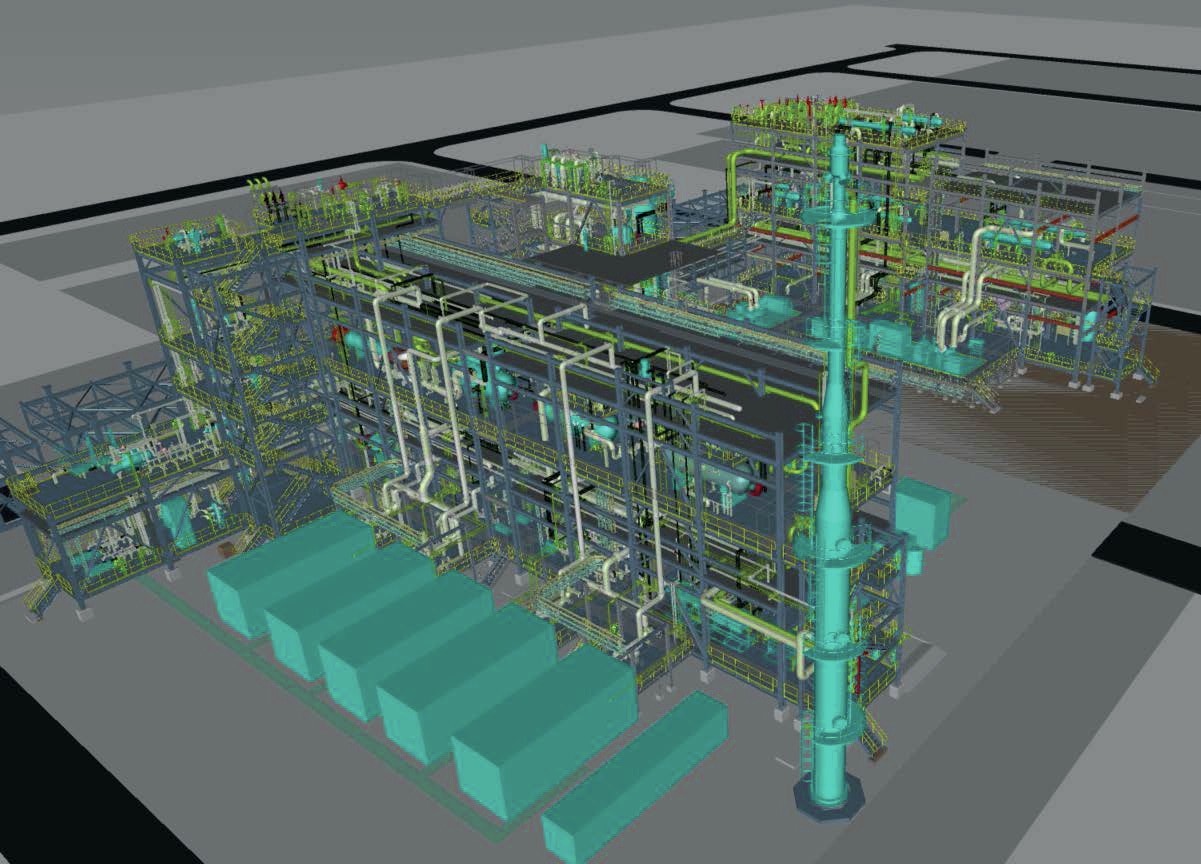Nitrogen+Syngas 386 Nov-Dec 2023

30 November 2023
Is a Black Sea deal back on the agenda?

“The UN sees a return of the deal as a key means of preventing humanitarian crises …”
While the world’s attention has been grabbed by the terrible situation in the Middle East, the Russian-Ukrainian conflict continues to drag on. Of particular concern in recent months has been the deal to allow export of grain from Odessa, which lapsed in July 2023, a year after it first began. The deal had allowed 33 million tonnes of grain to be exported, around 60% of it to the developing world. However, Russia had always insisted that continuing with the deal was contingent on (a) a resumption of Russian ammonia exports via Odessa and (b) removing SWIFT payment restrictions on the Rosselkhozbank agricultural bank, allowing easier export of fertilizer. Fertilizers remain exempt from sanctions on Russia, but the difficulty in securing payment, the closure of the ammonia pipeline to the Black Sea, and high maritime insurance rates for traversing the Black Sea have made exports much more difficult. And although Ukraine continues to export grain, now mostly via rail to ports like Ismail and Reni on the River Danube, Russia has done its best to disrupt this, striking ports and warehouses and laying mines in shipping lanes. Around 300,000 tonnes of grain has been destroyed, according to Ukraine, as well as up to three ships hit by mines and one possibly by a missile on November 8th. Furthermore, bottlenecks in rail transit and port capacity and the difficulty in getting ships to the ports mean that actual volumes of grain exported are considerably reduced, with only around 700,000 tonnes exported via the Danube Ports from August to the start of November.
The absence of exports continues to weigh on global food markets, especially in developing countries, and the World Food Programme has warned that expensive fertilizer and grain is leading to a growing global food crisis in many developing countries which had previously relied upon grain and fertilizer shipments from Ukraine and Russia. Consequently, since the collapse of the deal, the United Nations appears to have been engaged over the past few weeks and months in intensive closed-door negotiations with both parties aimed at meeting Russia’s concerns, particularly on ammonia shipments, in order to get the grain flowing again. The UN sees a return of the deal as a key means of preventing humanitarian crises in parts of the developing world due to high food prices. A delegation of African countries also visited Russia at the end of July to press for a resumption of exports. The proposed deal as reported by Reuters would see Russia’s Uralchem able to ship 2 million t/a of ammonia to Yuzhnyy, near Odessa, where it would be bought and onward distributed by US trading firm Trammo (formerly Transammonia Inc). The return of Russian ammonia shipments would help calm fertilizer markets, which have been volatile and prices often high due to European gas prices.
The parties have reportedly been tantalisingly close to a deal at various points, though both sides have used incidents in the conflict, from a strike on the Kerch Bridge to attacks on ports to back off from a final agreement, and there are reported ongoing disagreements on the financial sanctions and the return of Ukrainian detainees. On November 8th, Russian foreign minister Sergei Lavrov said that there was “no sign” of a deal, and on the same day UN Secretary General Antonio Guterres said that achieving a deal would be “difficult”. However, both sides stand to benefit from a resumption of Black Sea grain and fertilizer trade, not to mention the wider world. With winter approaching, and the potential for gas price curtailments in European ammonia production on the cards again, there will be many hoping that an export deal can be revived.






